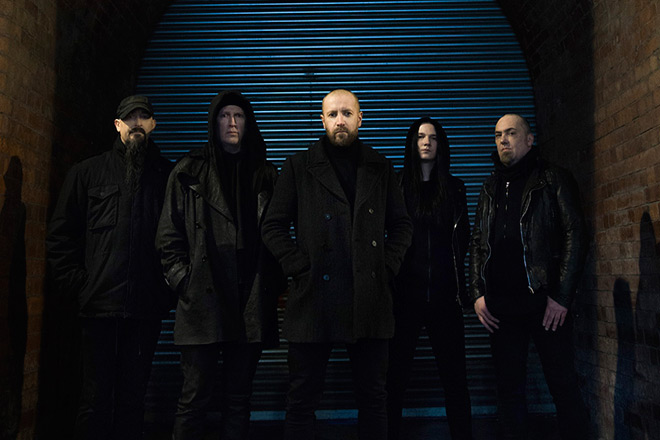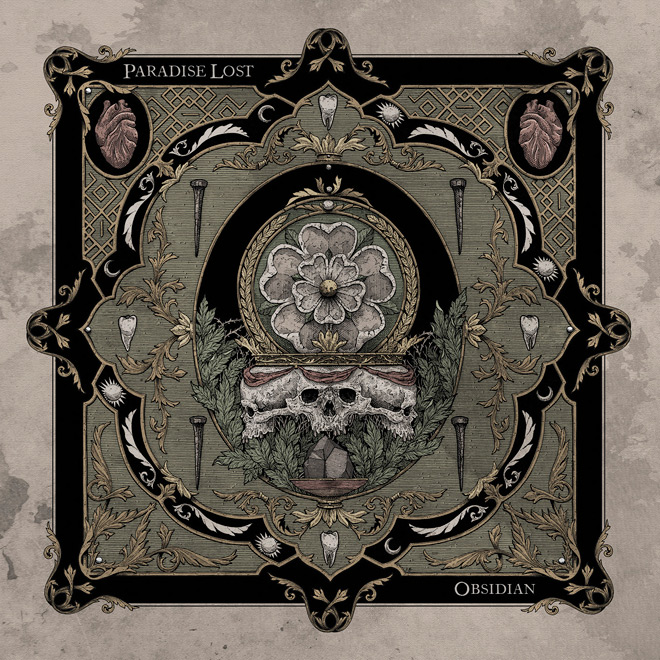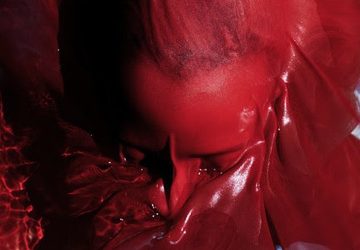Paradise Lost has shown time and time again that musical ingenuity takes precedence over anything else. That includes their image, sound, and appeasing any particular group of people. In fact, to many, this is one of the band’s most endearing qualities.
One of the original Death-Doom Metal acts, Paradise Lost punished and impressed audiences with their first three albums. Going on to pioneer Gothic Metal with 1993’s Icon and 1995’s Draconian Times, looking to try something different, they attracted more mainstream attention with 1997’s One Second. Soon after they offered the underrated Electronic Rock oasis Host in 1999, before settling comfortably in a space between Electronic, Gothic, and even Alternative Metal for much of the 2000s. If you thought the evolution of Paradise Lost was complete, you would be wrong, because in 2009 they revisited their Doom roots with Faith Divides Us – Death Unites Us. This would lead to a renaissance for the band, laying the foundation of four consecutive high quality Death-Doom Metal records.
Now, this is where the evolution ends, right? Wrong once more, because Paradise Lost are set to cause another wrinkle in their story on Friday, May 15th with Obsidian. Due via Nuclear Blast Records, and a follow-up to 2017’s darkened Doom masterpiece Medusa, Obsidian might be exactly the album many Paradise Lost fans have waited for. Simplifying it: if you are the type of listener who appreciates each era of Paradise Lost equally, Obsidian is their most complete hybrid to date.
Taking that thought a step further, Obsidian excels as a well-balanced collection of songs that are intriguing and dynamic. This is evident from the launch when “Darker Thoughts” hooks you in with a lone acoustic guitar, and One Second era Nick Holmes vocals, before subtle strings mix in. Then, taking you for a loop, Holmes turns to harsher Doom vocalization, making for a stunning beginning to an album without a dull moment. To follow is the powerful “Fall From Grace,” the Draconian Times’ vibed “Ghosts,” and a haunting build-up felt on “The Devil Embraced.”
All individually strong entries, there are also other Gothic Metal gems such as “Forsaken,” “Ending Days,” along with the mesmerizing guitar work that dresses “Hope Dies Young.” Those looking for the harsher Death-Doom side of Paradise Lost, there is “Serenity,” the opposing “Ravenghast,” as well as the sludgier tone of bonus cuts “Hear The Night” and “Defiler.”
Overall, Obsidian unifies all the best elements of Paradise Lost’s past without rehashing or recycling material. It is as if the band went into a time machine, objectively analyzed each time period of their history, and returned to the present day with an enlightened perspective to create this album. Further compounding its effectiveness, the production is simply flawless; key composer Greg Mackintosh’s guitar arrangements shining brightly with just the right amount of polish, and Holmes emotes softer, along with gruffer tones, better than ever. Once again, Paradise Lost proves that their evolution is non-linear, a journey that takes them in various directions. One of their strongest, most complete efforts to date, Cryptic Rock gives Obsidian 5 out of 5 stars.







